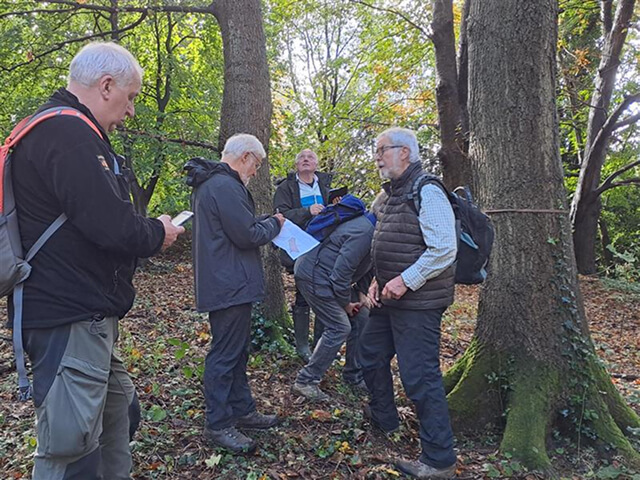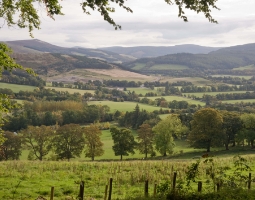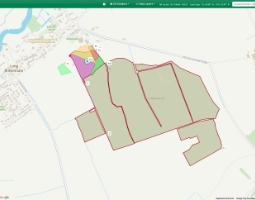Participate in climate change research
Forest Research, in collaboration with universities and stakeholders, are actively engaged in furthering our understanding of climate change to influence government policy and practitioner guidance. In many instances, this involves the proactive involvement of land managers in projects and two-way knowledge sharing between researchers and practitioners. Here are some exciting opportunities to get involved with current climate change and resilience-focused research projects and initiatives across the UK.
Get hands-on with Forest Lab
Sylva Foundation and Forest Research are working in partnership to deliver Forest Lab, an innovative application on the myForest platform with supporting research projects that enable managers to collect and share data from their woodlands to help support environmental research and improve our understanding of resilience in a changing climate.
Projects explore a range of specific ecological condition subjects including Ips typographus, wildfire, tree species suitability, tree growth and acute oak decline (AOD).
To take part in Forest Lab, you need to set up a free account on the myForest platform and agree to the Engagement Agreement.






